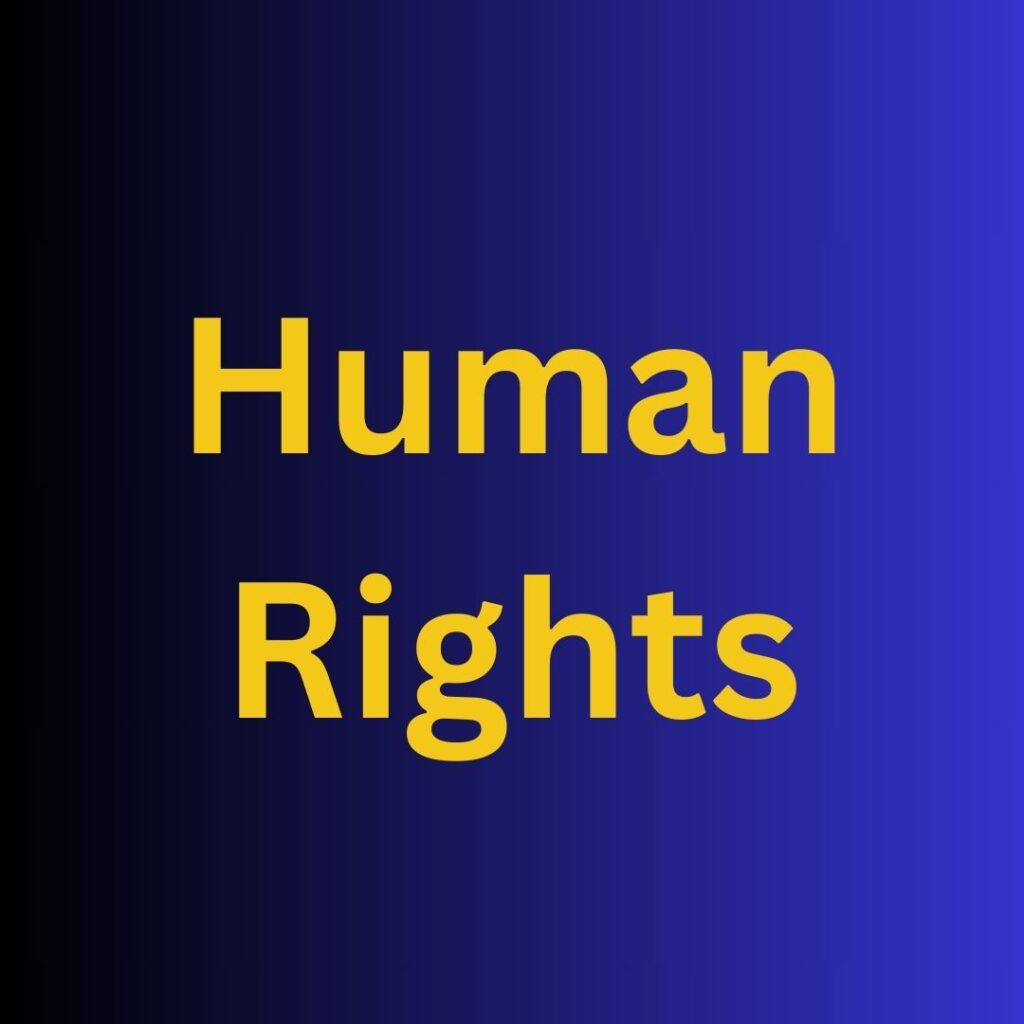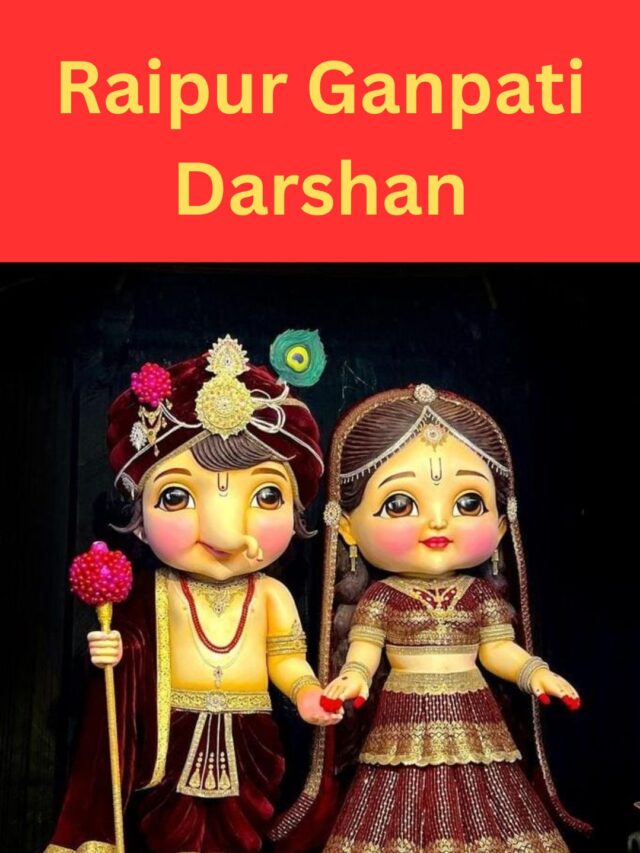
Human rights are fundamental rights and freedoms that every person is entitled to, regardless of their nationality, ethnicity, religion, gender, or any other characteristic. These rights are considered inherent to all individuals by virtue of their humanity. The concept of human rights is enshrined in various international documents and treaties, providing a framework for the protection and promotion of these rights.
Human Rights : जाने अपने अधिकार

Some key aspects of human rights include:
Universal Declaration of Human Rights (UDHR): Adopted by the United Nations General Assembly in 1948, the UDHR is a foundational document that outlines a set of fundamental human rights. It covers civil, political, economic, social, and cultural rights.
Civil and Political Rights: These include the right to life, liberty, and security; freedom of expression, assembly, and association; the right to a fair trial; and the prohibition of torture and discrimination.
Human Rights : जाने अपने अधिकार

Economic, Social, and Cultural Rights: These encompass the right to work, education, health, and an adequate standard of living. They recognize the importance of social and economic conditions that contribute to a person’s well-being.
International Human Rights Treaties: Various international treaties and conventions have been established to protect specific rights, such as the International Covenant on Civil and Political Rights (ICCPR) and the International Covenant on Economic, Social and Cultural Rights (ICESCR).]
Human Rights : जाने अपने अधिकार

Non-Discrimination: Human rights principles emphasize the importance of treating all individuals with dignity and without discrimination based on race, color, sex, language, religion, political or other opinion, national or social origin, property, birth, or other status.
Accountability and Justice: Human rights include the right to seek justice and hold those responsible for human rights violations accountable. This is often achieved through national and international legal mechanisms.
Role of Governments: Governments are generally seen as the primary duty-bearers responsible for respecting, protecting, and fulfilling the human rights of their citizens. International organizations and civil society also play crucial roles in promoting and protecting human rights.
Human Rights : जाने अपने अधिकार

The protection of human rights is an ongoing global effort, and there are challenges and debates surrounding issues such as cultural relativism, sovereignty, and the balance between individual rights and collective interests. Nevertheless, the idea of human rights serves as a foundation for promoting justice, equality, and dignity for all individuals around the world.

















